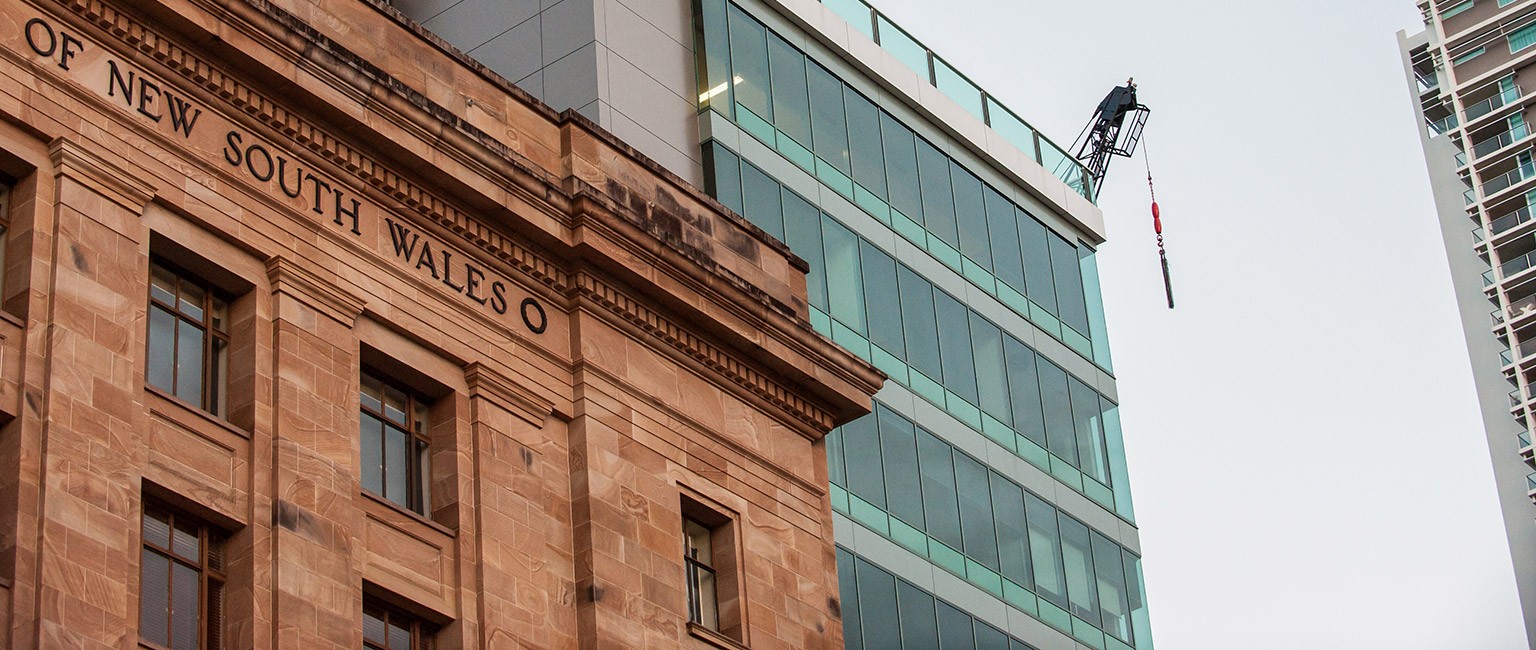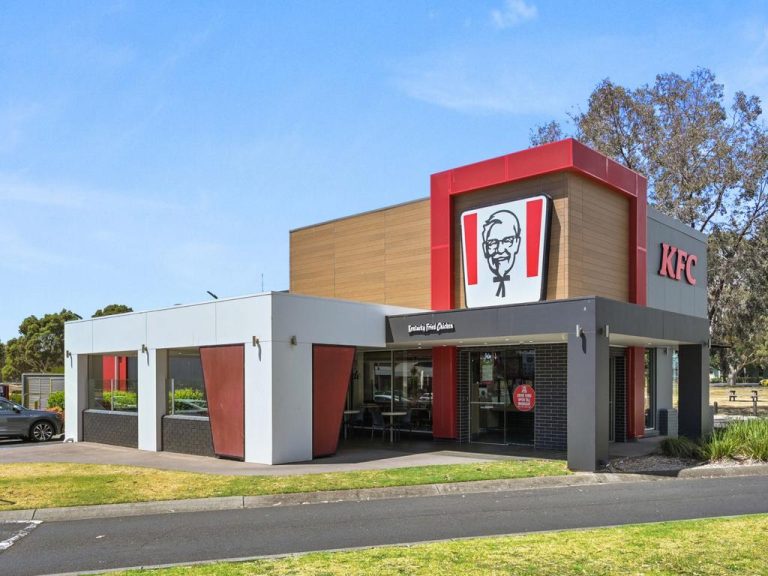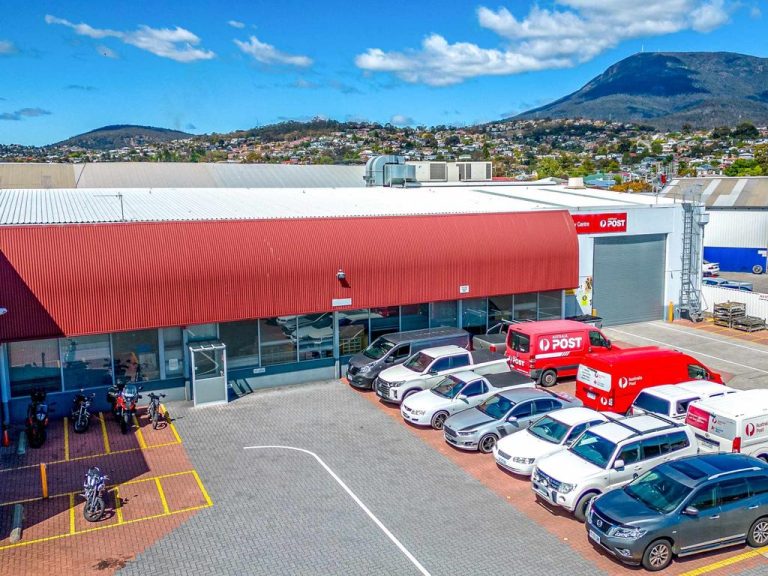Buying vs leasing commercial property

The decision of whether to buy or lease a commercial property is one that confronts business owners every day in Australia.
Buying or leasing a commercial property is an important step in the life of your business, so it’s important to carefully consider which is the right option for you.
Here are some pros and cons for both buying and leasing a commercial property to help you make that choice, according to REA Group chief economist Nerida Conisbee.
BUYING A COMMERCIAL PROPERTY – ADVANTAGES
YOU CAN SELL THE PROPERTY
One of the great strengths of buying a commercial property is that it’s your asset, and history tells us that over time its value is likely to increase significantly. Owning the property means those capital gains will be yours, making the property a key part of your investment strategy.
CONTROL OVER CHANGES
Owning a property gives you virtually free rein to make changes to its layout and internal fitout, which can both increase the value of the asset and also its suitability for your business.
SIMPLIFY FINANCIAL PLANNING
Balancing the books is often made easier when you own a commercial property, as your loan repayments are a fixed cost that can be factored in each month, allowing you to plan for the future.
Do it right: Tips for buying commercial
Find commercial properties for sale

Buying a commercial property allows you to make improvements.
BUYING A COMMERCIAL PROPERTY – DISADVANTAGES
UPFRONT COST
Buying a commercial property is a major investment and one that requires a significant deposit to get started. Most business owners will need a sizeable loan to make their property purchase, which is a big financial commitment.
LIMITED FLEXIBILITY
One of the biggest challenges for businesses is finding a property that is suitable not just now, but in the future as the business grows. If your business grows quickly, being locked into a premises that is too small may stifle further growth, so it’s important to factor this into your purchase.
ONGOING COSTS
If you own your premises, all of the costs of owning the property, such as maintenance, rates and other fees, will be borne by you. Tenants, however, may find that the landlord is responsible for some or all of those costs.
Don’t wait: Easy steps to check your financial health

Leasing a commercial property can provide flexibility.
LEASING A COMMERCIAL PROPERTY – ADVANTAGES
LOTS OF FLEXIBILITY
If your business grows quickly, having the ability to move into a larger commercial property can be important. A lease provides that agility, as you’re not tied to the one property indefinitely, or stuck with a property that may be difficult to sell quickly.
CAPITAL FREED UP
Without your business’ capital tied up in owning a property, you’re free to invest more money in growing the business, bringing on more staff and other strategies to develop your operation.
Find commercial properties for lease
LEASING A COMMERCIAL PROPERTY – DISADVANTAGES
RENTS DO RISE
While the cost of renting is usually less than what you’ll pay to own a property, rents do increase over time. While some leases have fixed increases built in, other lessees have little control over what they pay if the landlord chooses to bump up the rent significantly at the commencement of a new lease period.
LANDLORD CAN SELL
The perfect leased property is only perfect while the landlord allows you to lease it. If they decide to sell, you’re at the whim of the new owner, who may wish to move into the property themselves, put a new tenant in or redevelop the property, all of which will have you searching for a new premises.
PAYING SOMEONE ELSE’S MORTGAGE
In residential property, the saying goes that “rent money is dead money”. It’s a philosophy that some also hold in commercial property, arguing that you’re better to be paying off an asset you own, rather than paying off someone else’s asset for them.







